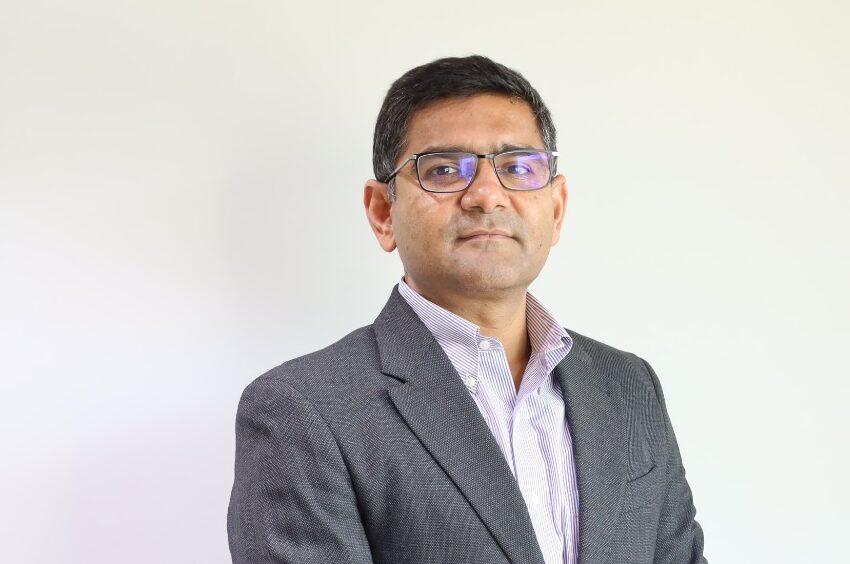Waste Solutions Must Reflect Local Realities, Not Imported Models, Says Blue Planet CEO

Blue Planet’s Prashant Singh discusses how technology, standardisation, and circular models are reshaping waste management
Across Indian cities, the sight of overflowing landfills and scattered refuse has come to represent one of the country’s most persistent urban challenges. As the volume of solid waste continues to rise with population growth and industrial activity, the pressure on municipalities to improve segregation, collection, and treatment has intensified. Amid these realities, companies working at the intersection of technology and sustainability are seeking new ways to close the loop on waste.
While speaking with BW Sustainability World, Prashant Singh, Co-founder and Chief Executive Blue Planet Environmental Solutions outlined his company’s approach to achieving “zero to landfill” through technology-led circular models that combine profitability with environmental responsibility. Established in 2017 and headquartered in Singapore, Blue Planet operates across India, Southeast Asia, and New Zealand.
Waste As A Resource
Singh said the company’s vision since inception has been to achieve zero to landfill. “We treat waste as a resource. Once we gain access to that resource, we focus on processing, upcycling and recycling it in the most efficient manner possible,” he said.
Blue Planet has invested in proprietary technologies to handle multiple categories of waste. “We convert organic waste to biogas, plastics to fuel, and inert waste to construction materials,” Singh said, adding that segregation at source remains the biggest challenge. Once waste is mixed, he explained, value recovery becomes extremely difficult.
A model project in Greater Noida shows how circularity can work in practice. Singh noted that the company’s collection vehicles there run on CNG generated from the very waste they collect. “Wet waste is processed into biomethane, scrubbed, and used as fuel for the next collection cycle. This not only reduces emissions but also prevents waste from travelling long distances to landfills,” he said.
Setting Standards For Implementation
While India has taken significant policy steps through programmes such as Swachh Bharat Mission 2.0, Singh said enforcement and uniformity remain inconsistent. “We have completed forty landfill biomining projects across India and are among the largest players globally in this segment,” he said. Progress, however, has been uneven. “There are no standardised benchmarks. Unless we design and implement landfill biomining in a uniform way, each agency interprets the guidelines differently,” he added.
The next phase of reform, Singh said, must focus on implementation, traceability, and monitoring. “Policy direction is sound, but technology must now ensure compliance across states. Without standardisation, awareness and accountability cannot follow,” he said.
Local Realities, Global Lessons
Singh underlined that waste solutions must be tailored to local conditions rather than copied from other regions. “Waste in India is about 60 per cent organic with high moisture, which is completely different from Europe,” he said. “If you import technology without adaptation, it becomes energy to waste instead of waste to energy.” He added that each country’s waste composition, awareness level, and financial capacity demand distinct approaches.
For Blue Planet, sustainability is central to every project. “We never solve one problem by creating three others,” Singh said, calling for a holistic approach that covers every stage from collection to processing and final use.
Looking ahead, the company plans to expand its public–private partnerships in tier-two and tier-three cities while exploring new markets in the Middle East. “Our focus is to build systems that are scalable, efficient, and locally viable. Once processes become standardised, the circular economy will no longer be an aspiration but an achievable reality,” added Singh.




































































































































































































































































































































































































































































































































































































































































































































































































































































































































































































































































































































































